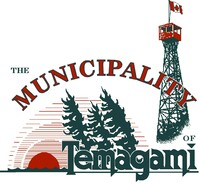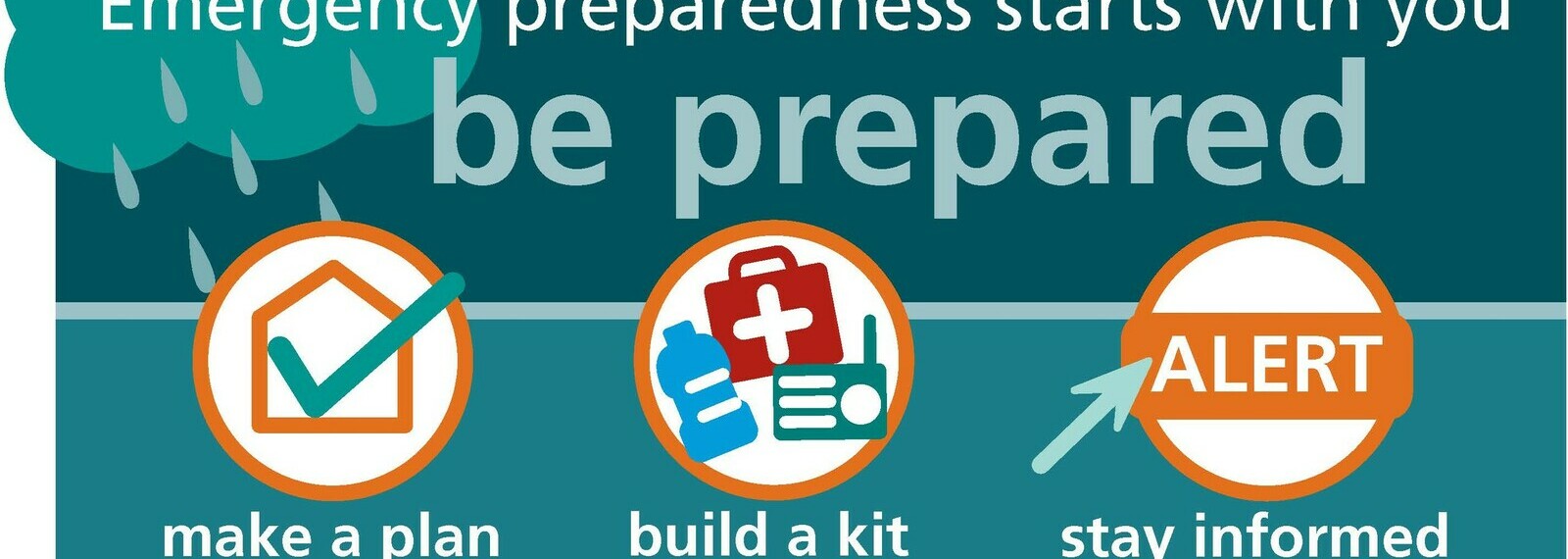Emergency Preparedness Guides and Resources
-
Emergency Preparedness for Seniors
A step-by-step guide tailored to help seniors and their caregivers create emergency plans and kits, including forms for critical health and contact information. -
Emergency Preparedness Guide for People with Disabilities
Comprehensive planning tips and kit checklists for individuals with mobility, sensory, or non-visible disabilities, including emergency advice for service animals. -
Heat-Related Illnesses
Quick facts on recognizing and preventing heat-related conditions like heat exhaustion and stroke, with practical tips to stay safe and hydrated. -
How to Prepare for an Emergency
An all-ages starter guide with tips on building emergency kits, developing a household plan, and knowing when to evacuate or shelter in place. -
Pets and Emergencies
Tips for including pets in emergency plans, plus a checklist for assembling a pet emergency kit and evacuation advice. -
Power Outage Safety
Essential tips for staying safe during power outages, including food safety, emergency lighting, and what to do if you need to relocate. -
Preparing for Severe Weather
Seasonal safety guidance on extreme heat and winter storms, including how to prep your home, stay informed, and recognize when to seek help. - Floodsmart Canada Website
FloodSmart Canada is a national resource hub that helps individuals, communities, and organizations understand flood risks and take action to reduce flood-related impacts. - CyberSecurity Ontario Website
This page introduces the fundamentals of cybersecurity and highlights the crucial role individuals play in safeguarding digital environments. -
72 Hours: Is Your Family Prepared?
A practical guide from Public Safety Canada to help you prepare a 72-hour emergency plan and kit for your household. -
Home Inventory Process
A printable checklist to record and value your possessions room-by-room, helping ensure adequate insurance coverage in case of loss. -
Home Inventory Spreadsheet
A digital spreadsheet companion to the Home Inventory Process brochure, designed for easy entry and tracking of your household items and valuables. -
Emergency Response Plan (by-law# 25-1384)
The Municipality of Temagami's Emergency Response Plan.
If an emergency is imminent or declared, information will be shared through 211 Ontario, the Municipal Website, Facebook, and email via Communicate@temagami.ca.
In urgent situations, OPP, Municipal staff, or volunteer firefighters may also go door-to-door to ensure all households receive the message, especially if evacuation is considered.
Making A Plan: Making A Plan
Building An Emergency Kit: Building An Emergency Kit


